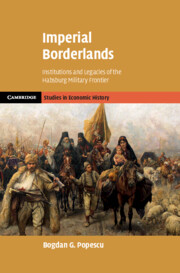
- Cited by 1
-
Cited byCrossref Citations
This Book has been cited by the following publications. This list is generated based on data provided by Crossref.
Lazarev, Egor and Skougarevskiy, Dmitriy 2025. Imperial Legal Politics after the Age of Empires: How the Russian Judiciary Adjudicates Commercial Disputes in Crimea. Perspectives on Politics, p. 1.
- Publisher:
- Cambridge University Press
- Online publication date:
- November 2023
- Print publication year:
- 2023
- Online ISBN:
- 9781009365215


